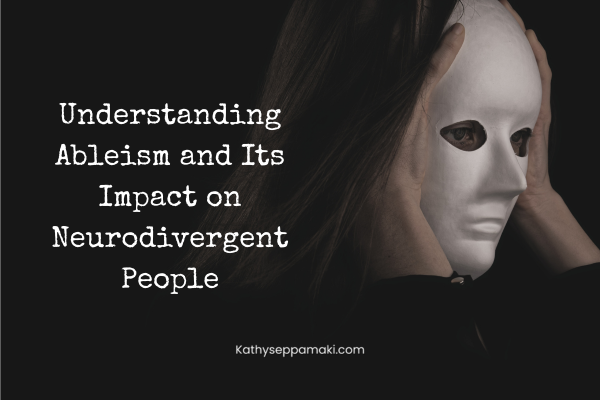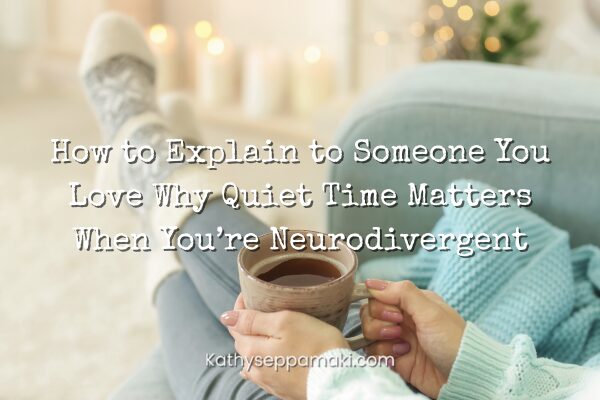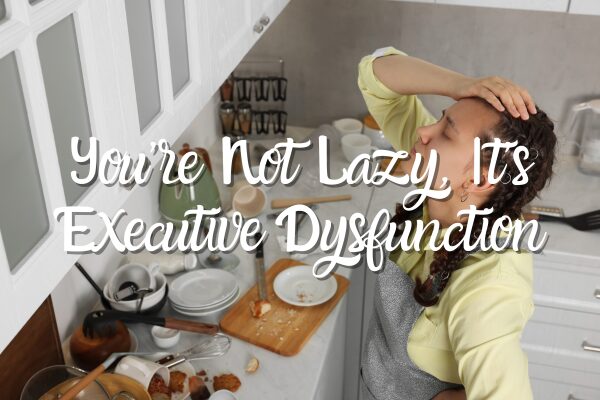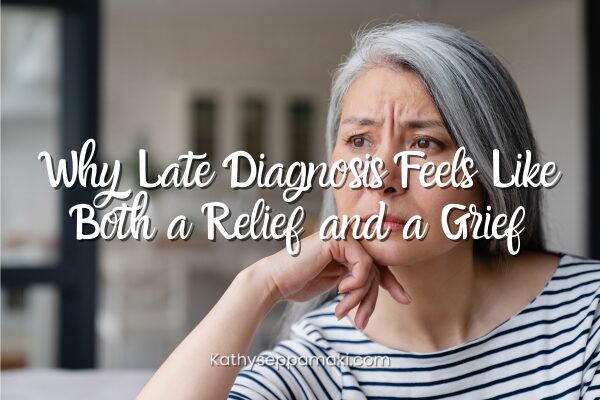In recent years, more people have begun to recognize the importance of inclusivity, especially when it comes to disability and neurodivergence. One term that often goes unexamined, yet has a profound impact, is ableism. Understanding ableism, in both its external and internalized forms, is essential for supporting neurodivergent individuals and creating a more compassionate world.
What is ableism?
Ableism is a system of beliefs and practices that devalues and discriminates against people who are disabled or neurodivergent. It operates under the assumption that there is a “normal” or “correct” way for bodies and minds to function, and anyone who diverges from that standard is seen as lesser.
Ableism shows up in a variety of ways, ranging from overt discrimination to subtle biases. It can be built into institutions (like schools and workplaces). It is often reflected in media and even expressed in well-meaning but misguided comments. For neurodivergent people (those with ADHD, autism, dyslexia, and other cognitive differences), ableism can feel like a constant pressure to conform, mask, or suppress their natural ways of thinking and being.
Examples of external ableism
External ableism is what most people think of when they hear the term “ableism”. It’s the way society treats disabled or neurodivergent people as “less than” or as burdensome. For neurodivergent individuals, this can look like:
-
Being told they’re “too sensitive” or “too much.”
-
Having their access needs dismissed or ignored.
-
Being excluded from opportunities because of how they communicate or process information.
-
Being judged for stimming, needing more time, or asking for accommodations.
-
Facing skepticism around their diagnosis, especially if they’re undiagnosed or self-diagnosed.
These experiences can be especially harmful when they happen repeatedly, often leading to feelings of shame, isolation, and exhaustion.
What is internalized ableism?
Internalized ableism happens when neurodivergent individuals absorb and adopt the negative messages society sends about them. This is often an unconscious process, and it can lead people to:
-
Feel ashamed of their neurodivergent traits.
-
Try to hide or mask their differences to be accepted.
-
Believe they’re broken, lazy, or not trying hard enough.
-
Hold themselves to neurotypical standards and feel like failures when they can’t meet them.
For many, internalized ableism develops after years, sometimes decades, of being misunderstood, misdiagnosed, or dismissed. It chips away at self-esteem and makes it difficult to speak up for one’s needs.
The toll on late-diagnosed or undiagnosed individuals
Many neurodivergent people, especially women and marginalized individuals, are diagnosed later in life, if at all. They may grow up internalizing that there’s something “wrong” with them without ever having the language or support to understand their neurodivergence.
By the time they do receive a diagnosis or begin to explore their neurodivergence, they’ve often spent years masking, overcompensating, or pushing themselves to burnout. The weight of internalized ableism can be heavy, making the journey toward self-acceptance all the more challenging, but also all the more important.
How can we combat ableism?
Healing from ableism, both external and internal, requires both personal and collective action. Here are some ways we can start:
Learn and unlearn
Educate yourself about neurodivergence and disability rights. Challenge ableist thoughts and language, even when they show up in your own mind.
Normalize differences
Celebrate different ways of thinking, feeling, communicating, and existing in the world. There’s no one “right” way to be human.
Listen to neurodivergent voices
Center the experiences of those directly impacted. Read blogs, follow advocates, and support neurodivergent creators and educators.
Be mindful of language
Avoid language that pathologizes or devalues neurodivergent traits. Words like “high-functioning” or “disordered” can be harmful, even when used with good intentions.
Support self-advocacy
Encourage and respect neurodivergent individuals’ right to speak for themselves, define their identities, and request the support they need.
Final thoughts
Ableism isn’t just about accessibility ramps or legal protections. It’s also about the everyday assumptions we make about what it means to be capable, intelligent, or successful. For neurodivergent people, the impact of ableism can be deep and lasting. But by becoming more aware and intentional in how we think, speak, and act, we can create a world where all minds are valued and all people are free to be themselves.
If you’re neurodivergent and navigating the effects of ableism, know this: You are not broken. You are not alone. And you deserve a life that honors your full, authentic self.
If this post resonated with you, feel free to share it or leave a comment. Together, we can raise awareness and build a more inclusive world—one mindset at a time.




